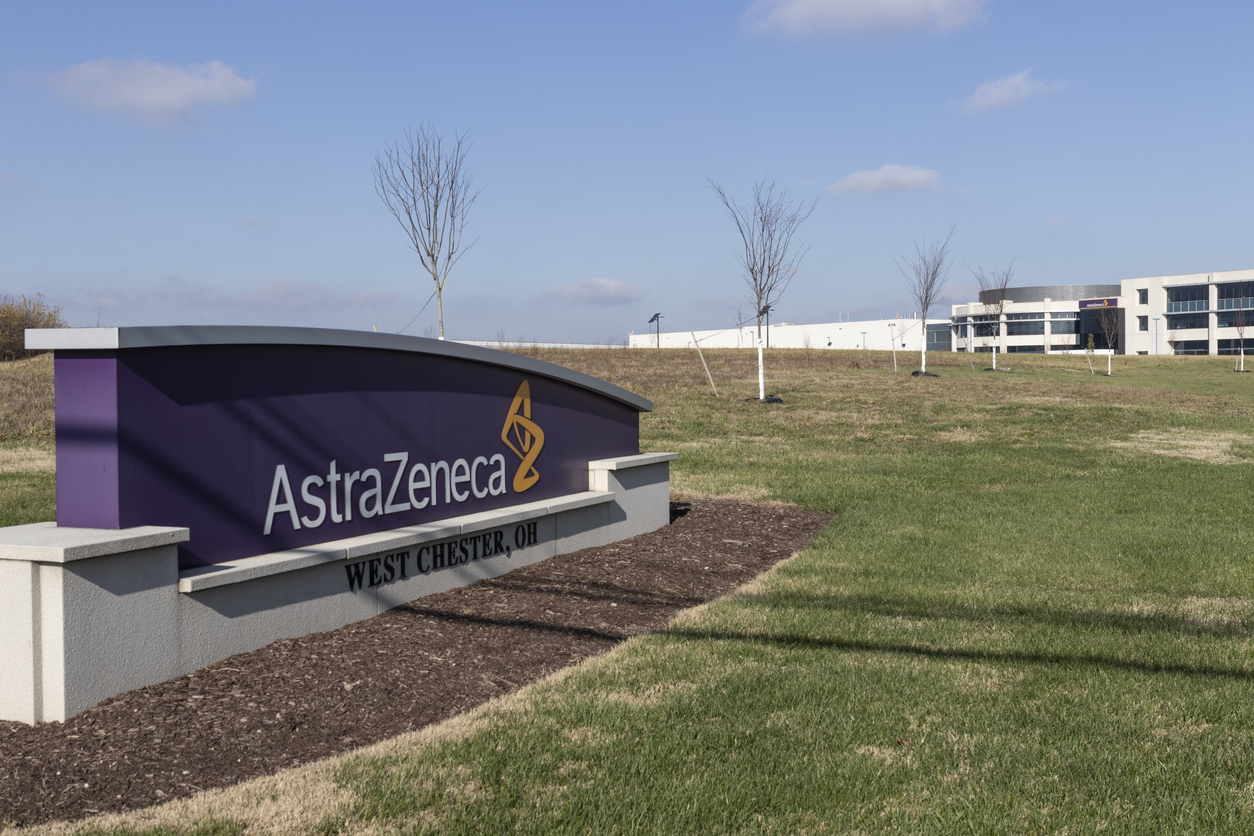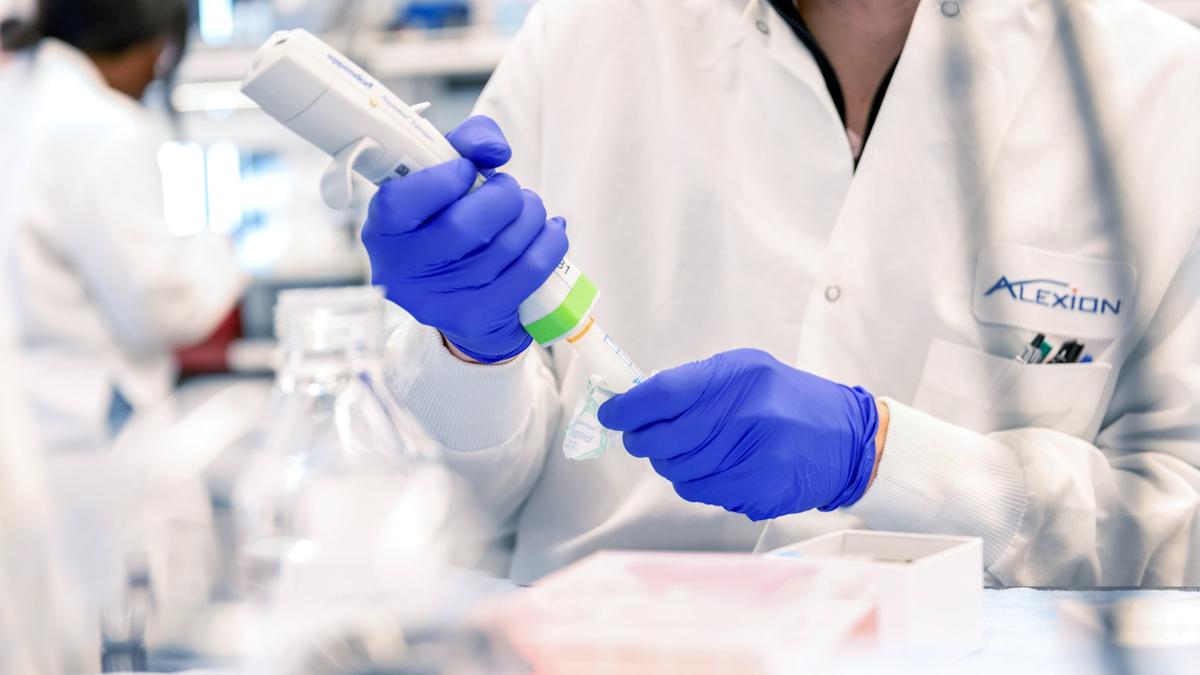AZ claims full control of Caelum's AL amyloidosis drug in $500m deal

AstraZeneca's newly acquired Alexion will buy the remaining equity in rare disease specialist Caelum Biosciences in a deal that could be worth up to $500 million.
The deal gives the Anglo-Swedish drugmaker complete control of Caelum's late-stage medicine for light chain (AL) amyloidosis, a potentially fatal disease that causes the rogue protein amyloid to build up in organs like the heart and kidneys.
Alexion teamed up with Caelum on CAEL-101 in 2019, taking a minority stake in the company, and the partners advanced the drug into the phase 3 CARES programme last year.
CAEL-101 – a targeted anti-fibril therapy – is chasing after Johnson & Johnson's Darzalex Faspro (daratumumab and hyaluronidase), which became the first drug to be approved for newly-diagnosed AL amyloidosis patients in May.
The preferred treatment for AL amyloidosis is stem cell transplantation, but only a minority of patients are eligible and patients have generally received chemotherapy in the absence of any formally approved targeted drugs.
Darzalex Faspro has been approved as an add-on to the preferred chemo regimen of Takeda's Velcade (bortezomib) plus cyclophosphamide and dexamethasone – known as CyBorD.
AZ entered the AL amyloidosis arena via its $39 billion takeover of Alexion which closed in July, and said it will acquire the remaining stake in Caelum for $150 million, with another $350 million set aside if the drug meets regulatory and commercial objectives.
CARES consists of two parallel phase 3 trials in AL amyloidosis patients with advanced AL amyloidosis (Mayo stage IIIa and Mayo stage IIIb disease, respectively), and aim to collectively recruit around 370 patients globally.
The primary goal of the trials will assess overall survival and they will be conducted at approximately 70 sites across North America, the UK, Europe, Israel, Japan, and Australia.
"With a median survival time of less than 18 months following diagnosis, there is an urgent need for new treatments for this devastating disease," said Alexion chief executive Mark Dunoyer.
"CAEL-101 has the potential to be the first therapy to target and remove amyloid deposits from organ tissues, improve organ function, and, ultimately, lead to longer lives for these patients," he added.
Each year, an estimated 4,500 people develop AL amyloidosis in the US alone, and there are an estimated 30,000 to 45,000 people living with the disease in the US and Europe.
Another candidate for AL amyloidosis – Takeda's Ninlaro (ixazomib) – flunked the phase 3 TOURMALINE-AL1 trial in 2019, but was subsequently shown to have had "clinically meaningful" effects on secondary endpoints such as time to vital organ deterioration.
Takeda is no longer testing Ninlaro in AL amyloidosis according to its latest pipeline update, but there are a number of investigator-led studies on the go, including phase 2 trials of the drug in combination with cyclophosphamide and dexamethasone in newly-diagnosed patients, and as a maintenance treatment after initial therapy.












